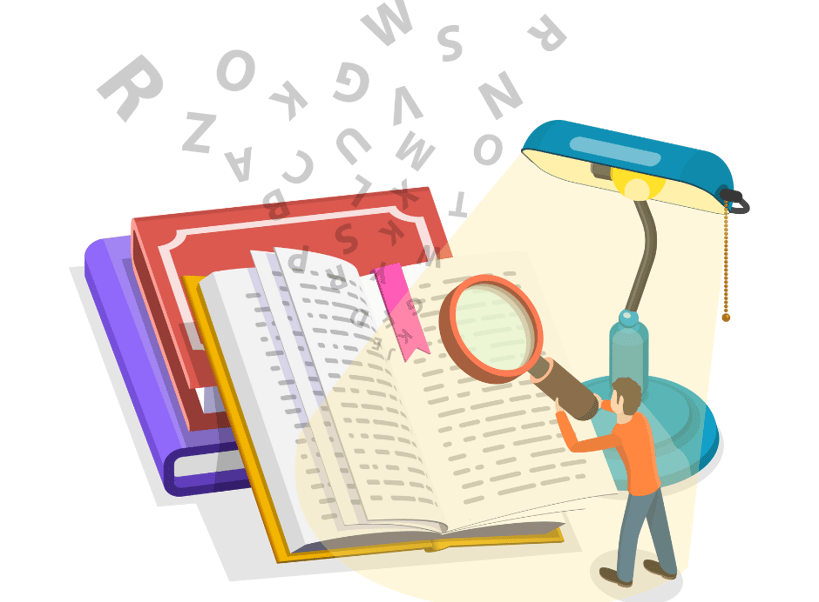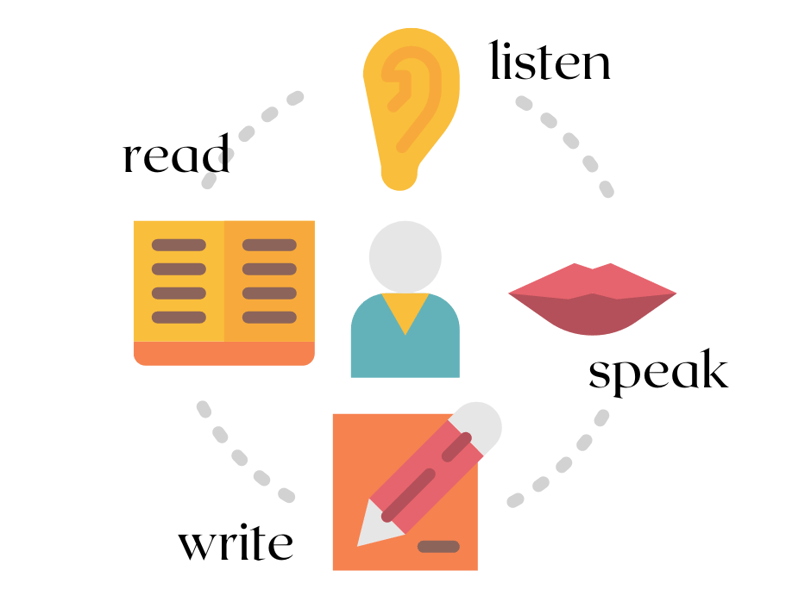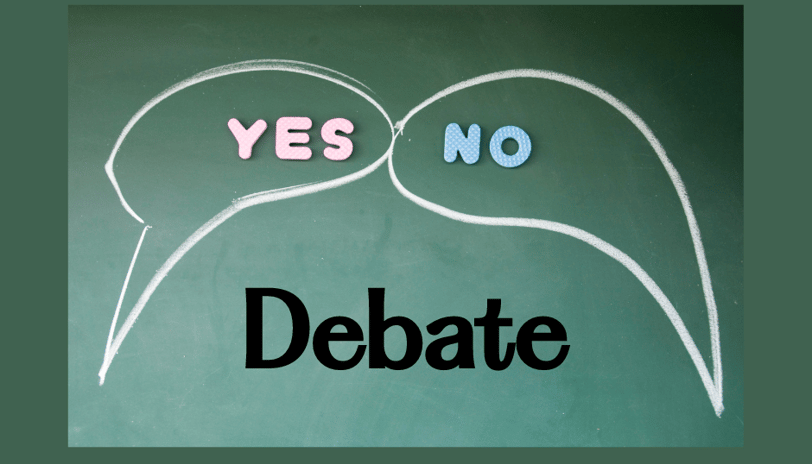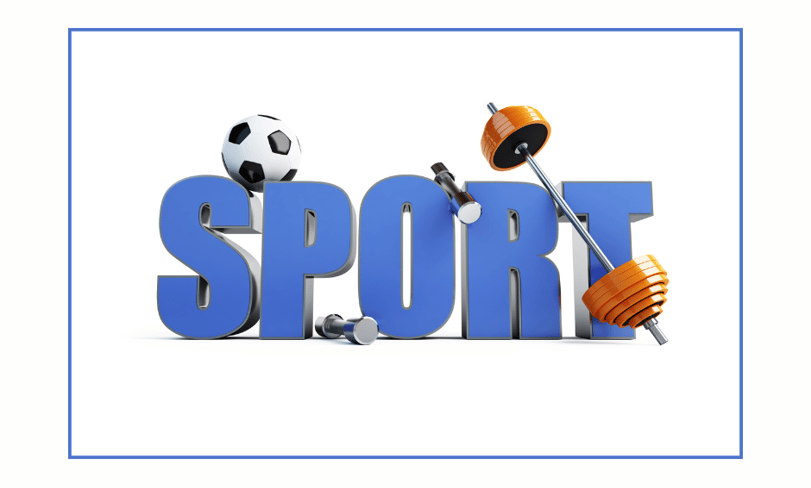Energize Your EFL Class: Sports
How to Engage Learners in Sports-themed Vocabulary, Speaking, Writing, and More!
Are you finding it challenging to maintain the attention and enthusiasm of your English as a Foreign Language (EFL) students when tackling subjects related to sports? It's not uncommon for educators to encounter difficulties in engaging learners in topics that may not align with their immediate interests or experiences. However, fear not! By incorporating dynamic and interactive strategies into your lesson plans, you can transform your classroom into an exciting arena of learning.
Whether you're teaching high school students in Grades 9-12 or adult learners, the strategies outlined in this guide are tailored to meet the diverse needs and preferences of your classroom. From vocabulary enrichment activities to immersive role-play scenarios and thought-provoking debates, these techniques are designed to empower students to actively participate in their learning journey.
So, if you've ever found yourself struggling to bridge the gap between sports and language learning, worry no more! With the strategies outlined in this guide, you'll not only keep your students engaged but also foster a deeper understanding and appreciation for the fascinating world of sports.


1. Vocabulary Enrichment:
Create sports-themed word walls with pictures and definitions.
Play vocabulary games like Bingo or Pictionary using sports terms.
Use flashcards for memorization and quick recall.
Encourage word-building and journaling for the topic.
Integrate sports-related reading materials, such as articles or biographies.
2. Speaking and Writing Lesson:
Scaffold discussion about sports where students work in pairs and in groups
Assign writing prompts about personal experiences with sports or favorite athletes.
Role-play scenarios like interviewing a sports celebrity or discussing game strategies.
Host panel discussions where students express opinions on different sports events.
Engage in collaborative storytelling, where each student adds a sentence about a fictional sports adventure.
3. Role-Play Activities:
Simulate sports commentary for a live game or a recorded match.
Act out scenarios of negotiating contracts between athletes and teams.
Role-play sports-related job interviews for positions like coaches or sports analysts.
Create skits demonstrating sportsmanship or teamwork on and off the field.
Role-play scenarios where students plan and execute a sports event, facing challenges along the way.
4. Inquiry-Based Learning (IBL) Projects:
Investigate the impact of sports on society, health, and culture.
Analyze statistics and trends in a particular sport and present findings.
Research the history and evolution of a chosen sport.
Explore the science behind athletic performance and training techniques.
Design a marketing campaign for a sports product or event.
5. Debate Session:
Debate the role of gender in sports, discussing issues like pay equality or media representation.
Argue for or against the importance of sports in education.
Debate the ethics of controversial sports practices like trophy hunting or extreme sports.
Discuss the influence of sponsorship and commercialization on sports.
Deliberate on the impact of technology advancements on the fairness and integrity of sports competitions.
These interactive strategies will not only enhance your students' understanding of sports but also foster critical thinking, communication skills, and cultural awareness. Get ready to score big in your EFL classroom!
Download a FREEBIE of discussion prompts on the topic of the sport from my TPT store to continue the engaging learning journey beyond sports!












6. Case Study Analysis:
Examine famous sports scandals and their consequences.
Analyze successful sports teams' strategies for achieving peak performance.
Investigate the economics of professional sports leagues and player salaries.
Explore the psychology of sports fandom and its effects on individuals and communities.
Study the legal aspects of sports, including contracts, regulations, and athlete rights.
